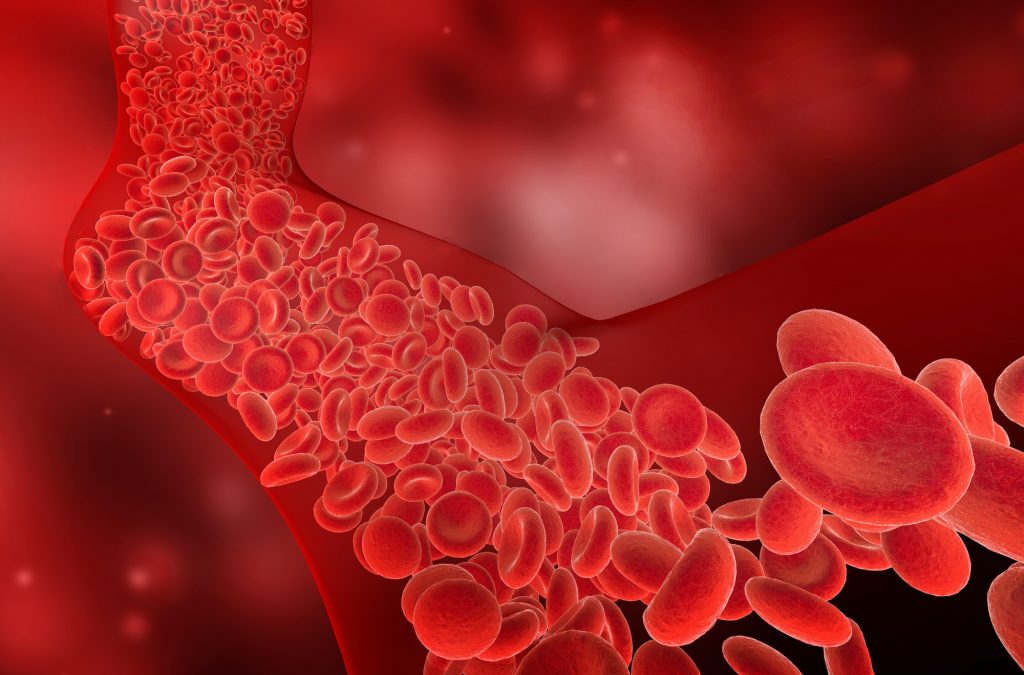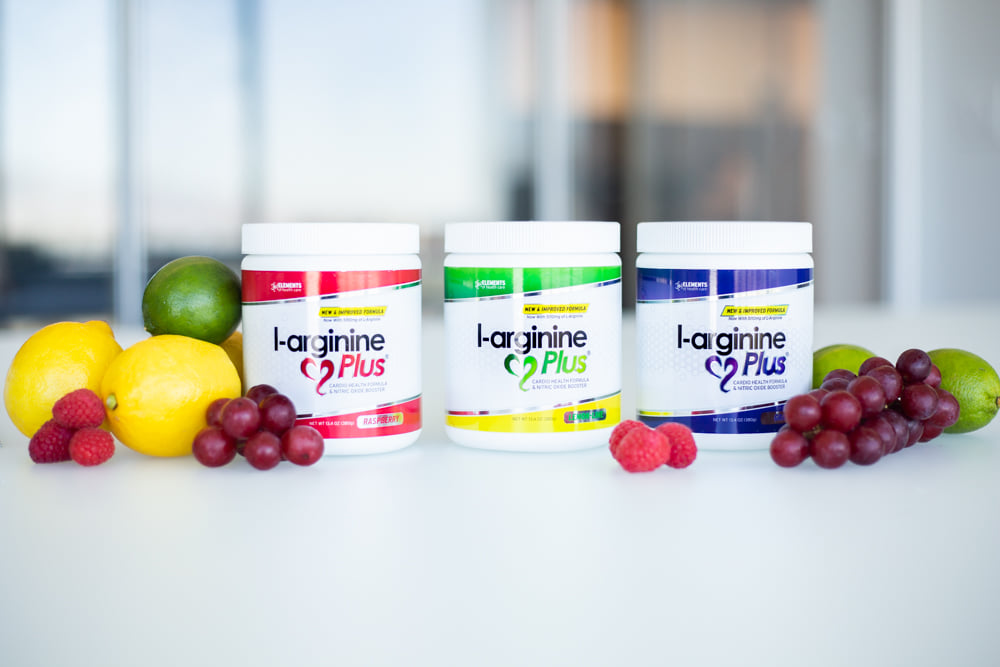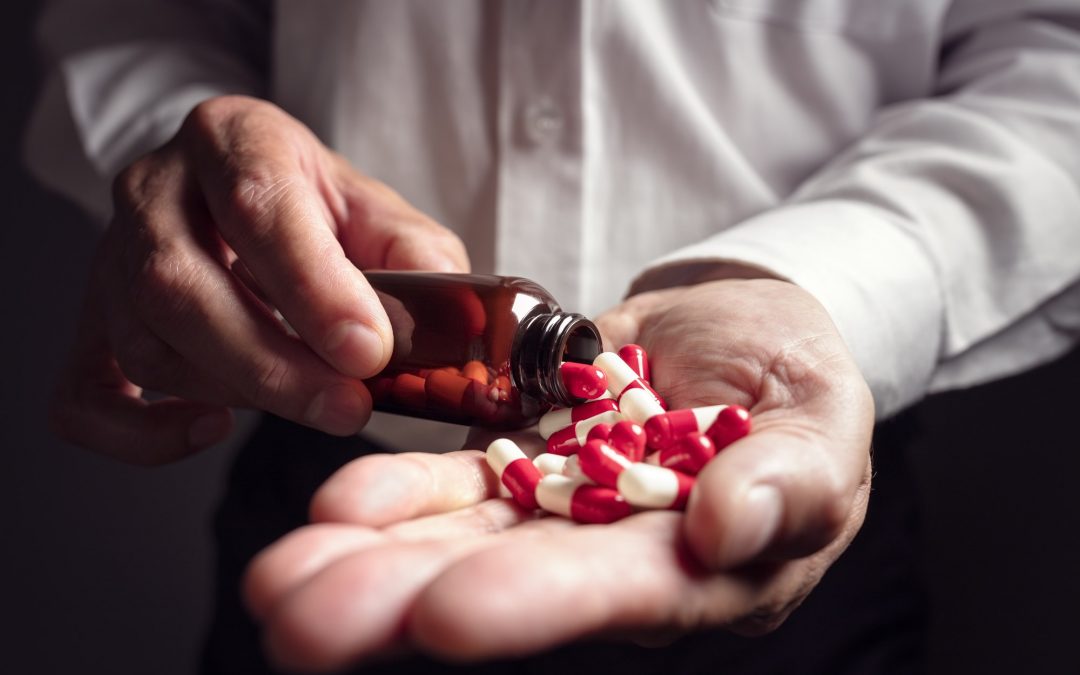Vasodilators are often part of hypertension treatment. The following is a list of vasodilators, their benefits, side effects, and more.
High blood pressure (or hypertension) affects millions of people around the world. One of the treatment options for this condition involves the use of vasodilator drugs. Vasodilators are one of the various medications used to treat high blood pressure. They dilate, or open, blood vessels and make it easier for blood to circulate.
These drugs are mainly used to treat or prevent high blood pressure, heart failure, and preeclampsia (hypertension during pregnancy). Moreover, they can also treat angina (chest pain due to lack of blood flow to the heart) and pulmonary hypertension.
Types of Vasodilators

These medications generally come in three different types: arterial dilators, venous dilators, and mixed dilators. Arterial dilators mainly focus on the arteries, venous affect the veins, and mixed affect both arteries and veins.
Different types of vasodilators are used to treat different conditions. For example, doctors typically prescribe arterial dilators to treat high blood pressure while they prescribe venous dilators to treat angina.
Two of the most common vasodilators are hydralazine and minoxidil. They each have their own specific uses and side effects.
Hydralazine
This medication works by relaxing the blood vessel muscles, which helps them dilate and widen. As a result, blood pressure decreases and blood circulates better through veins and arteries. Hydralazine is generally part of a high blood pressure treatment, but can be used for other cardiovascular conditions.
Minoxidil
This medication helps improve blood flow by relaxing blood vessels. It is generally part of treating severe high blood pressure that can cause symptoms or may damage vital organs. However, to prevent serious side effects, it will usually be given with two other medicines. There is also a topical form (Rogaine) that is used for scalp hair growth.
Vasodilator Side Effects
The side effects you experience will depend on the specific medication you are using. However, there are certain common side effects you should know about. Some of these include chest pain, heart palpitations (pounding or fluttering heartbeat), rapid heartbeat, fluid retention, and nausea or vomiting. Furthermore, you may experience dizziness, headaches, flushing, excessive hair growth, and nasal congestion.
Safety Precautions
Before you start using vasodilators, let your doctor know if you have any other medical condition. While these medications can help control high blood pressure, they won’t cure it. Additionally, you may have to follow a special diet while you are taking vasodilators. Since the medications may cause dizziness, don’t perform activities that require alertness until you know how they affect you.
Moreover, you should let your healthcare providers know that you’re taking vasodilators before undergoing any medical procedure. This includes dental procedures as well as any procedures involving medications and/or bleeding.
Also inform your doctor about any type of drug you may be taking before you start on vasodilators. This includes prescription, non-prescription, recreational, nutritional, herbal, dietary, and illegal drugs.
Vasodilator Supplements

If you’re not at the hypertension stage where you need to take medications, you can still take vasodilator supplements. These are generally available in the form of nitric oxide supplements or l-arginine supplements.
For instance, L-arginine Plus contains l-arginine, l-citrulline, and various key vitamins and minerals that increase nitric oxide production. Accordingly, as a natural vasodilator, nitric oxide dilates blood vessels and improves blood flow and circulation.
Try L-arginine Plus if you’re looking for a way to deter the risk of high blood pressure and promote lower blood pressure.

